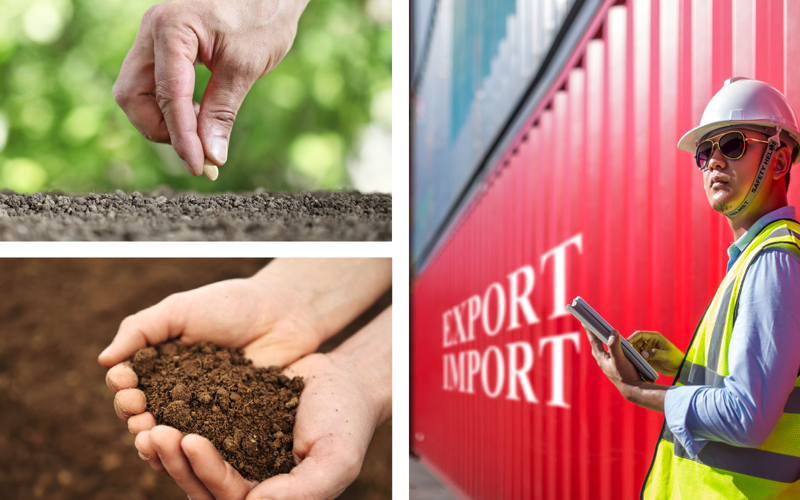
UK Government publish draft Border Target Operating Model (TOM)
The government has announced new measures for importing high-risk goods such as plants for planting, potatoes, used farm machinery, certain seed and timber will be introduced from January 2024.
The proposed changes to the existing regime centre on a ‘risk-based’ approach, which aims to introduce checks on imported material which is targeted and proportionate. Regulated plant products will be categorised into high, medium and low-risk categories and controls weighted according to this risk.
As before, plants for planting will remain in the highest risk group, and consignments will continue to require pre-notification and a phytosanitary certificate when being imported from the EU, Liechtenstein, and Switzerland. From January 2024, high-risk plants and plant products must come through a Border Control Post (BCP)or Control Point (CP) where identity and physical checks will be carried out.
Whilst the draft document advises introducing the TOR will end the use of Points of Destination (PoDs), a new model - titled ‘Authorised Operator Status’ - has been proposed, allowing eligible traders to manage biosecurity in their own consignments. This model is available only to businesses that are currently designated Control Points and meet additional criteria.
The finer details of the TOM will be finalised later this year following, feedback from stakeholders including the Association.
Further reading
Defra article: What does the Border Target Operating Model mean for plants?
